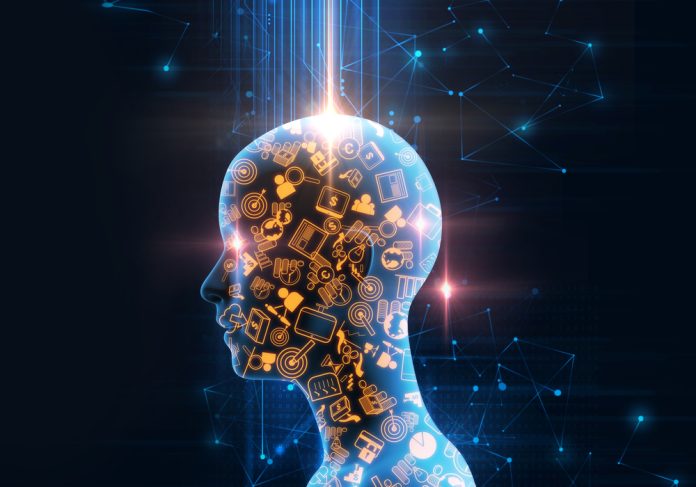Artificial intelligence (AI) systems provide valuable assistance in the realm of online education, such as tailoring learning experiences to individual students, streamlining repetitive tasks for instructors, and enhancing adaptive assessments.
Nevertheless, despite the promising potential of AI in education, its influence on the dynamics, conventions, and anticipated interactions between students and educators remains somewhat unclear.
In this interview, Dr. Sarah Lee, a computer scientist will be discussing the Impacts on Artificial Intelligence on Students.
Interviewer: Thank you for your attention here, Let’s explore the impact of Artificial Intelligence (AI) on students. To begin, could you introduce yourself and your expertise in the field of AI and education?
Respondent: Certainly. I’m Dr. Sarah Lee, a computer scientist specializing in AI and its applications in education. I’ve been researching and working in this field for over a decade.
Interviewer: Great. Let’s start with the positive impacts. How can AI benefit students in their educational journey?
Respondent: AI offers several advantages for students. It can provide personalized learning experiences, adapt content to individual needs, and offer instant feedback, enhancing comprehension and retention. AI-powered educational tools can also make learning more engaging and accessible, particularly for remote or differently-abled students.
Interviewer: That sounds promising. What about the negative impacts? Are there concerns associated with the integration of AI in education?
Respondent: Yes, there are some concerns. One major concern is data privacy. AI systems often collect and analyze student data, raising questions about how that data is used and protected. Additionally, there’s the risk of over-reliance on AI, potentially reducing human interaction and creativity in the learning process.
Interviewer: How can educators and policymakers address these privacy concerns and ensure the responsible use of AI in education?
Respondent: It’s crucial to establish robust data protection regulations and guidelines for educational institutions and edtech companies. These should include clear consent mechanisms, data anonymization, and strict limitations on data sharing. Transparency and accountability in AI algorithms are also essential.
Interviewer: Regarding accessibility, how can AI bridge the gap for students with disabilities?
Respondent: AI can significantly improve accessibility for students with disabilities. Text-to-speech and speech-to-text technology can help those with visual or auditory impairments. AI-powered tools can also offer real-time language translation, aiding non-native speakers. However, it’s important to ensure that these technologies are designed with inclusivity in mind.
Interviewer: Can you provide some examples of AI applications that have had a positive impact on student learning?
Respondent: Certainly. AI-powered language learning apps, virtual tutors, and intelligent content recommendation systems have been particularly effective. These tools adapt to individual learning styles and pace, enhancing the overall learning experience.
Interviewer: On the flip side, are there examples of AI applications that may have negative consequences for students?
Respondent: One concern is the potential for AI-driven grading systems to be biased or inaccurate. Over-reliance on such systems can lead to unfair assessments. Additionally, if AI tools are not properly designed, they can create frustration or dependency among students.
Interviewer: Finally, Dr. Lee, what do you believe is the key to maximizing the positive impacts of AI on student education while minimizing the negatives?
Respondent: The key is responsible and ethical implementation. Educators, developers, and policymakers must collaborate to ensure that AI in education is used transparently, with a focus on data privacy and inclusivity. Continuous evaluation and improvement of AI systems, along with a human touch in teaching, will help strike the right balance.
Interviewer: Thank you, Dr. Lee, for sharing your expertise on the impact of AI in education. Your insights are invaluable in understanding this evolving field.
Respondent: You’re welcome. It’s been a pleasure discussing the potential of AI in education and the considerations that come with it.




